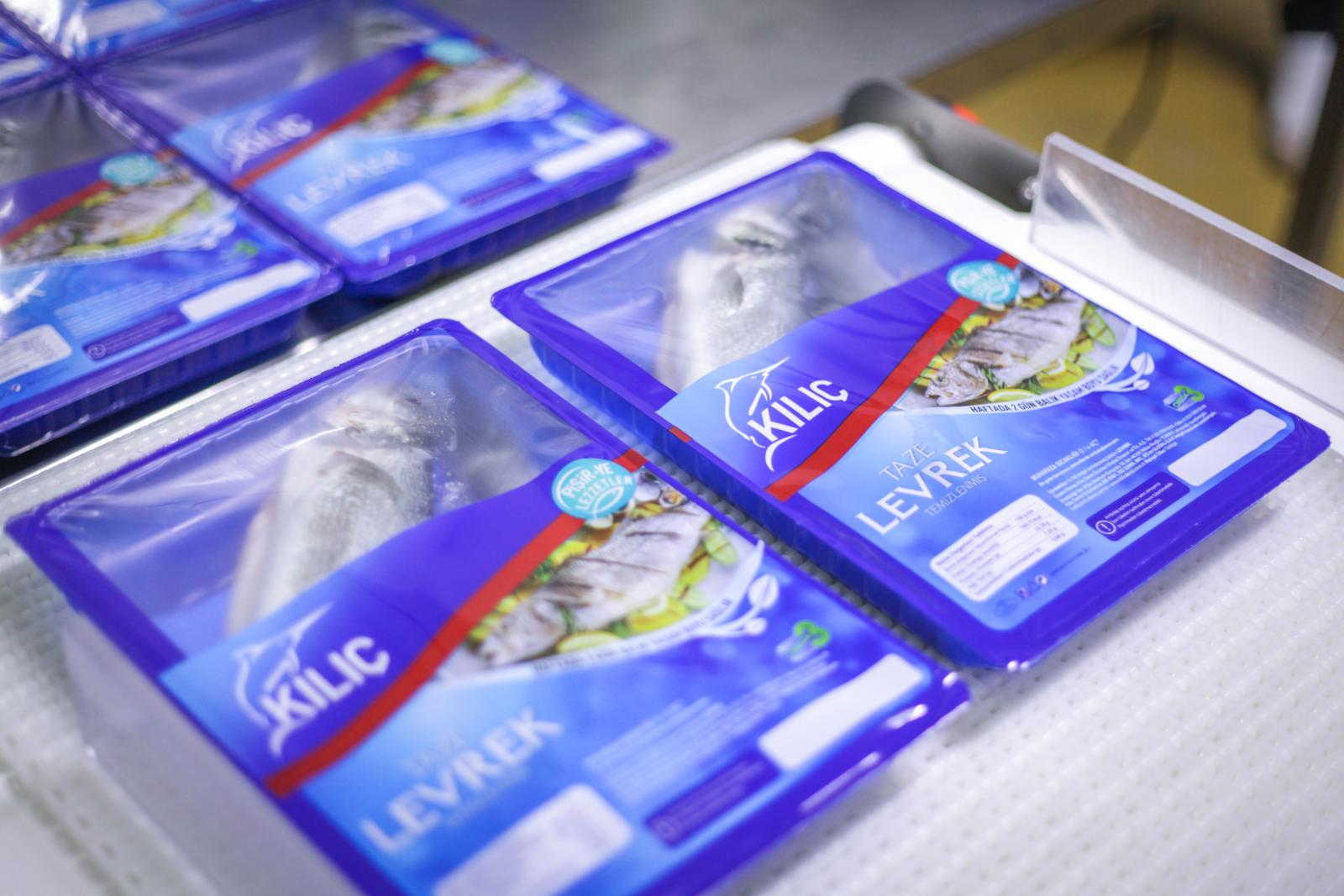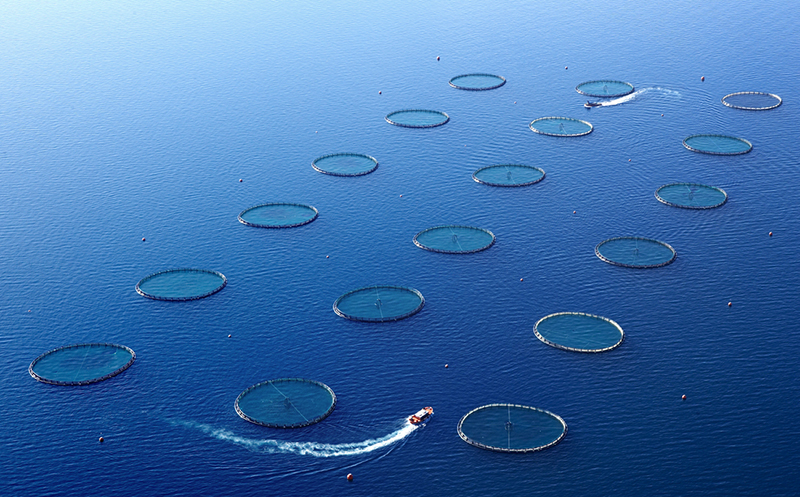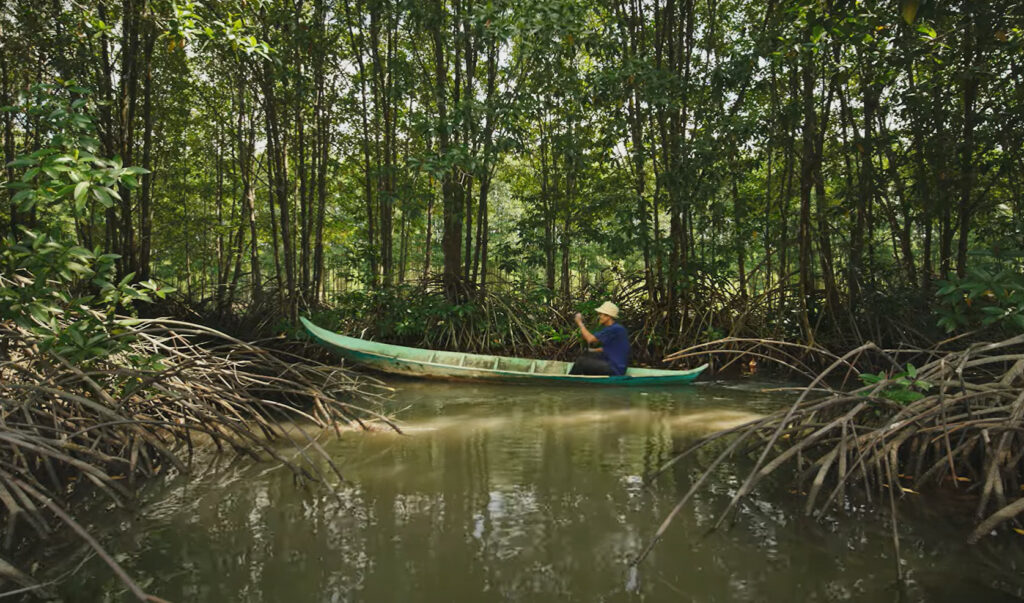BAP Spotlight Story: Kılıç Deniz
The Global Seafood Alliance’s “Spotlight Stories” highlight Best Aquaculture Practices-certified facilities around the world and the stories of the people behind them. This Spotlight Story features Kılıç Deniz, a BAP-certified sea bass and sea bream producer in Turkey.
What is the history of your company and its roots in aquaculture?
Our family has been part of the fishing community in Bodrum since the 1970s. Fisheries is a field we are passionate about and well-versed in. Looking back, we made the right choice and took the appropriate steps. This led to the establishment of Kılıç Seafood, which has become a fully integrated facility in the industry. We not only produce fish but also fish feed, we handle packaging and operate with complete self-sufficiency. Throughout the years, we have had the privilege of collaborating with exceptional professionals, bringing them into the Kılıç family. As a result, we have achieved a production capacity of 75,000 tons in the span of 30 years. Today, Kılıç is recognized as a world-renowned brand, with a significant presence in Europe and the United States.

Tell us where Kılıç Seafood is today.
At Kılıç Seafood, we take pride in our comprehensive control of all stages of production and the value chain. With our own facilities and dedicated team, we ensure the continuity of our success. As the industry leader, we employ 2,500 individuals and have an annual production and export volume of U.S. $300 million. Since 2010, we have consistently held the top spot in Turkey for export in the Aquaculture and Animal Products category. By the end of 2022, we had exported to approximately 60 countries, with a strong focus on Europe, Asia, the Middle East, and the United States.

How does your company engage with consumers and advance sustainability initiatives?
Through Kılıç’s pioneering efforts in aquaculture, we have transformed the landscape where fish consumption was previously limited to higher-income groups, making it accessible to the general public. We are delighted to provide healthy and nutritious marine products not only to the Turkish population but also to customers from numerous other countries we export to. Our corporate mission centers around educating the community about the importance and value of fish. Additionally, we actively develop new products and pursue an export-oriented and growth-focused approach through new investments and projects. Moreover, we continue to implement environmentally friendly practices at our facilities, aligning with a green-economy mindset. Our collaboration with Aegean University aims to find solutions that reduce environmental risks and minimize our carbon footprint.
Why did your company choose to pursue BAP certification? How has it improved your business?
We decided to pursue BAP certification due to its global recognition and endorsement of responsible aquaculture practices. By obtaining this certification, we demonstrate our unwavering commitment to environmental sustainability, social responsibility and food safety. It enhances our credibility and instills consumer confidence in our products, attracting environmentally conscious and ethically minded customers. Additionally, BAP certification opens doors to new markets and customers. Many retail chains, food service providers and seafood buyers either require or prefer products from BAP-certified sources. This certification allows us to access these markets, gain a competitive edge over non-certified competitors, expand our customer base and potentially increase sales. As we move forward, we look forward to seeing how BAP certification will further improve our business in the coming months.




